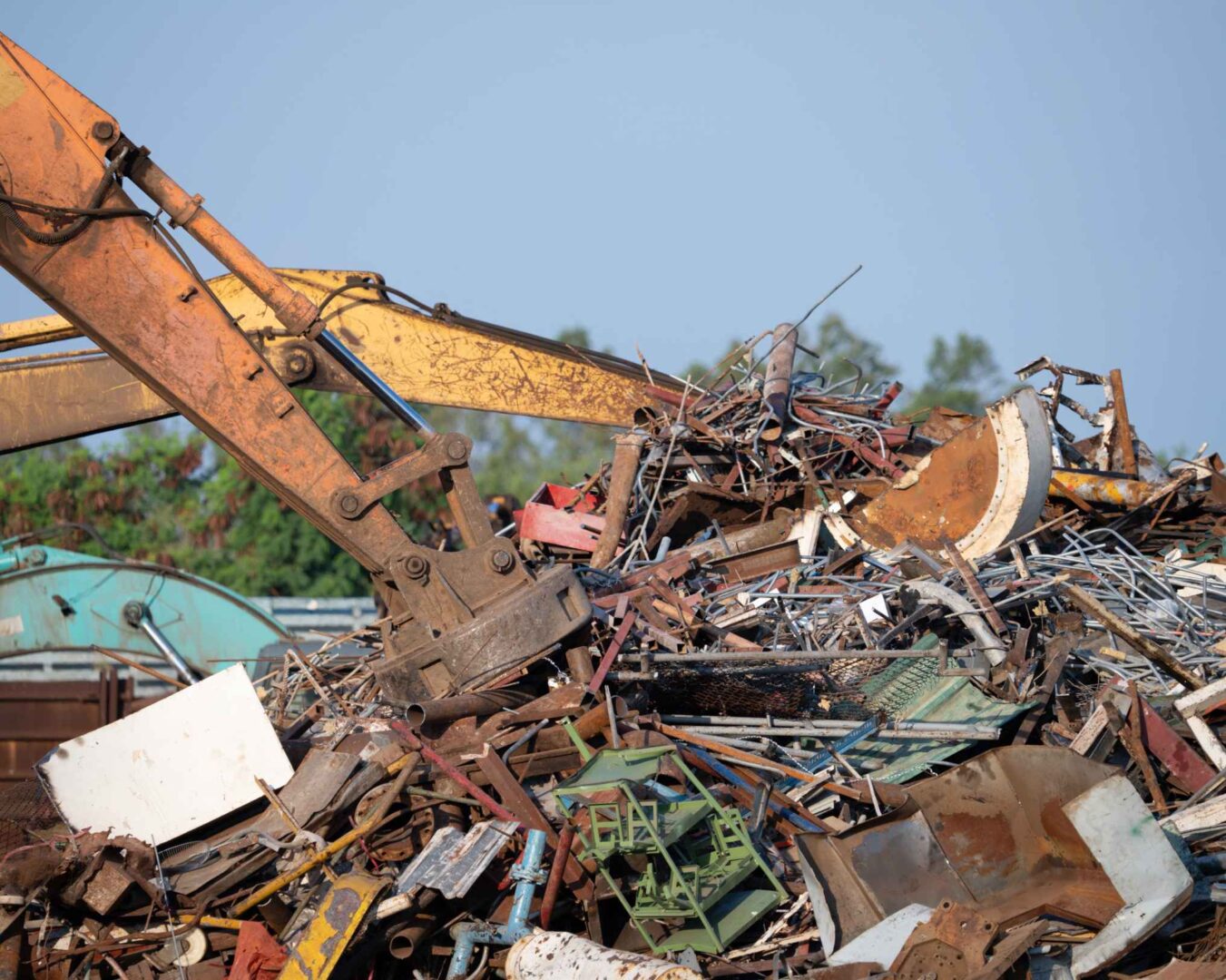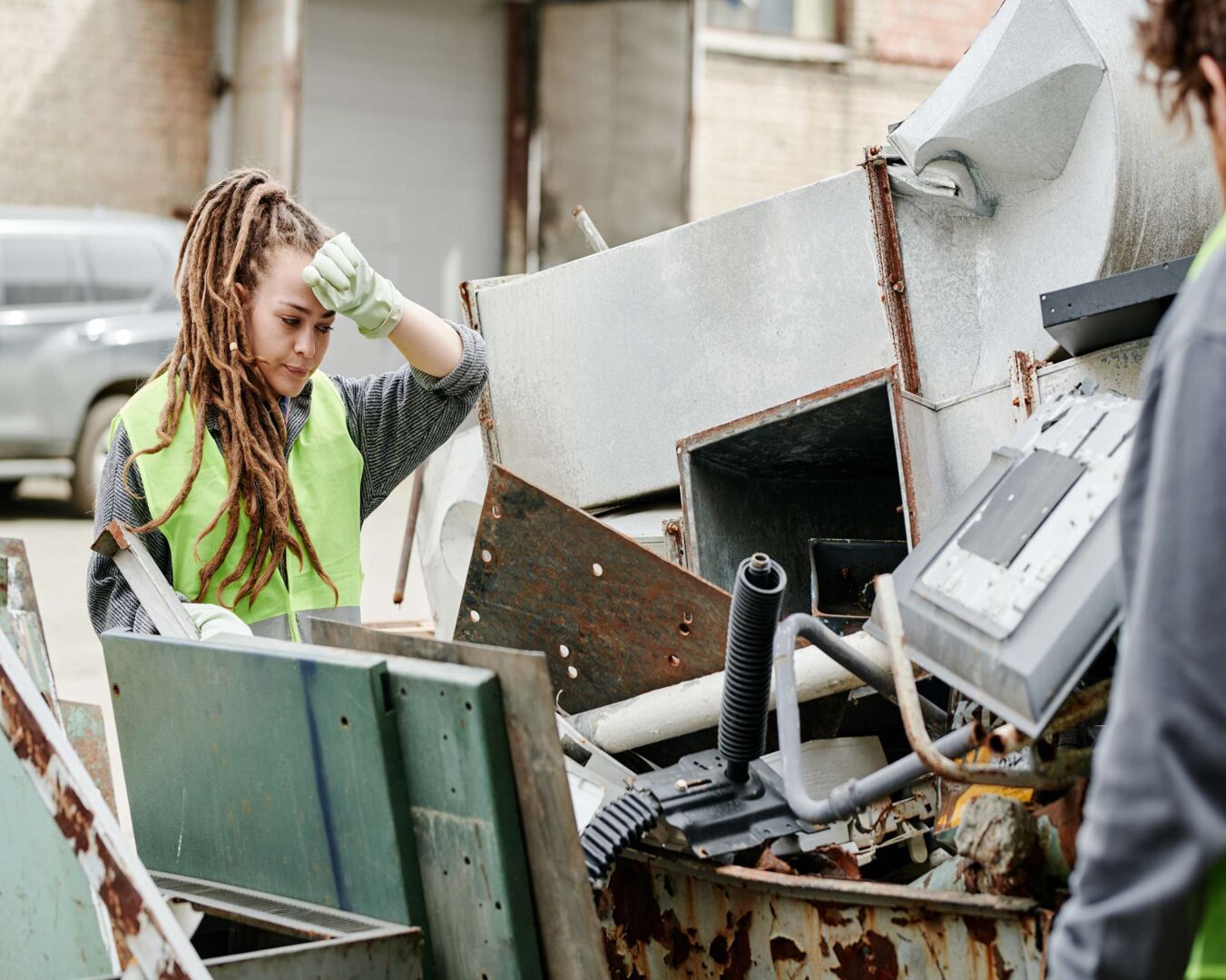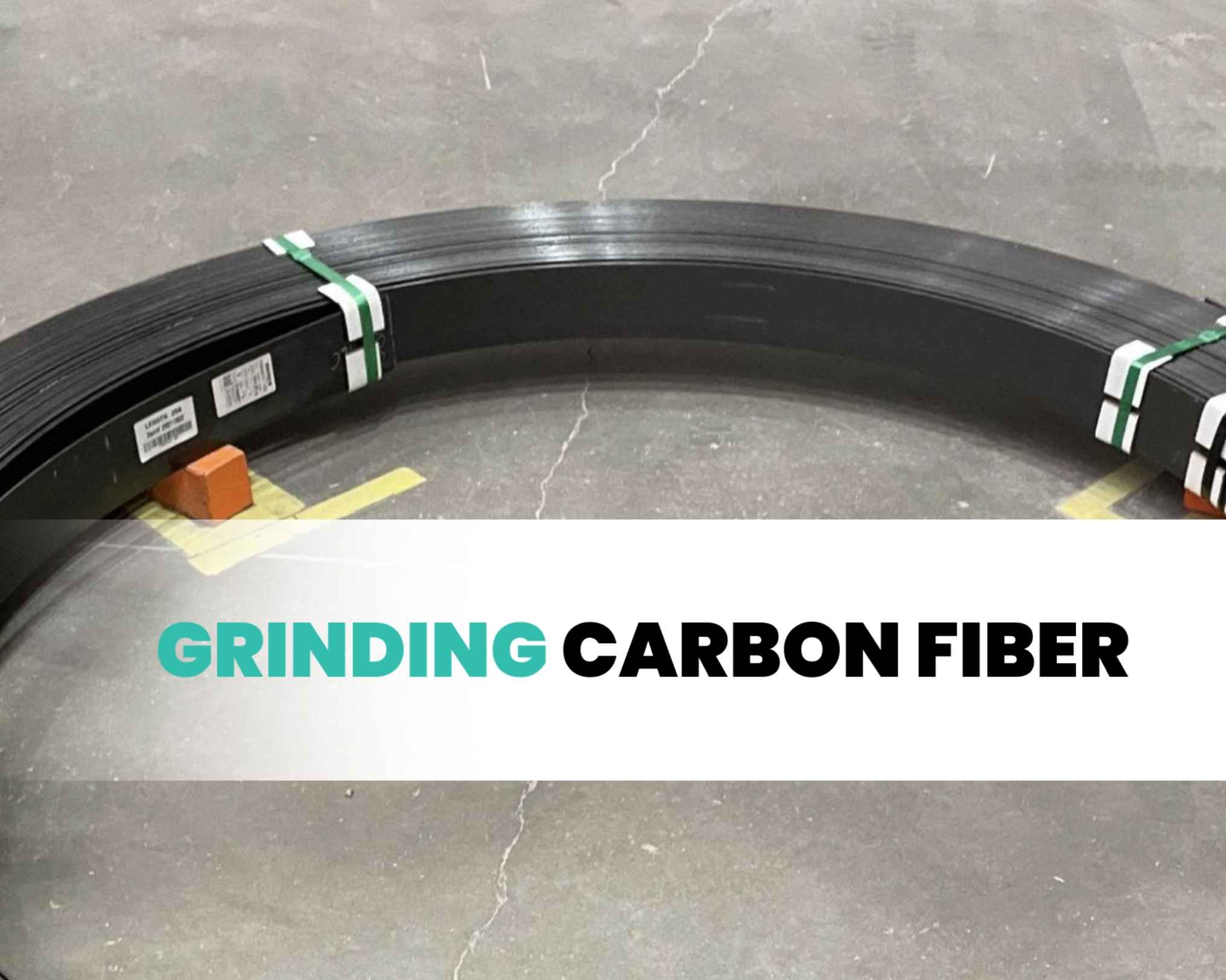Table of Contents
Beneficial Reuse Waste Vs Recycle: What To Choose?
In our modern era, waste has become a predominant issue with severe consequences for the environment and our communities. It’s a crisis not many have viable solutions for. And that’s where the significance of more sustainable waste management practices comes in.
The Common Approach: Recycling
For years, recycling has been the go-to response for waste management. This process involves turning waste into new material, which, on the surface, seems an efficient and logical way. However, not everything that ends up in the recycle bin gets recycled.
In fact, only about 9% of plastic is recycled globally, with the rest ending up in landfills or the environment. More than just a dent in the efforts to save the environment, these statistics reveal a harsh truth: our recycling programs are failing to keep up with the sheer amount of waste produced.
Introducing Beneficial Reuse: The Sustainable Alternative
What if there was a better way to handle waste? Enter beneficial reuse – a practice that involves repurposing material in a way that is both environmentally responsible and economically viable. Unlike recycling, where waste is broken down and transformed, beneficial reuse takes material in its existing state and repurposes them.
For example, a construction company might take leftover building materials and use them in another project, or a coffee shop might take used coffee grounds and offer them as a free garden enhancer to customers.
The Hidden Cost of Recycle: An Underexplored Perspective
When you consider the recycle process, you may only think about the act of turning unwanted items into new resources. However, the full cycle of recycle has many hidden costs and inefficiencies that aren’t often discussed.
The energy required to transport, sort, clean, and repurpose items through recycle is significantly high. In fact, this energy often comes from non-renewable resources, thereby perpetuating a cycle of carbon emissions.
This understanding underlines the stark difference between recycle and more sustainable methods. With the latter, resources are preserved in their existing state and repurposed directly, resulting in lower energy expenditure and associated emissions.
The Untold Story: Energy Expenditure and Emission Impact in Recycling
One important aspect that isn’t talked about much is the vast amount of energy and resources that go into recycling. It’s not just about repurposing, but also about the energy it takes to get to the final product.
Greenhouse Gas Emissions: The amount of CO2 produced in recycling processes can be substantial, adding to global warming issues.
Energy Drain: A large amount of energy is consumed to process, transform, and transport recycled goods.
Resource Depletion: Non-renewable resources are used in recycling, further exacerbating resource scarcity.
The Environmental and Economic Impacts of Beneficial Reuse
Beneficial reuse offers numerous advantages over recycling:
Environmental Impact: Beneficial reuse reduces the need for new material, thus preserving natural resources. It also lowers greenhouse gas emissions and reduces the amount of waste sent to landfills.
Economic Impact: Reuse can provide significant cost savings over traditional disposal methods. It also presents opportunities for tax deductions that offset costs.
Community Impact: By providing useful material to community members or organizations, businesses can foster social responsibility and build stronger relationships with their communities.
The True Impact of Recycle
Often, the impact of recycle is underestimated. Though recycle sounds like an ideal solution, the reality is that the infrastructure and processes involved in recycling can often create more problems than they solve.
Overdependence on recycle can result in environmental pollution due to the emissions generated during the process, and a significant portion of the so-called recyclables still end up in landfills.
Furthermore, the financial aspects are quite staggering – the cost of processing, sorting, and recycling material can often outweigh the value derived from the recycled products. Therein lies the main difference between recycle and the sustainable alternative we promote.
Why Businesses Should Opt for Beneficial Reuse
At this point, the decision for businesses should be clear: beneficial reuse is the way to go. These processes provide a more sustainable solution to the problem, save costs, and build goodwill with the community.
Here are the lesser known reasons to opt for beneficial reuse:
The Hidden Economic Value: Instead of bearing disposal costs, businesses can now save 50% or more by repurposing their residues. Through beneficial reuse, materials like food scraps, wood shavings, or plastic can be converted into saleable products. Additionally, you’ll qualify for tax deductions. With HV’s offer, enjoy rapid pickups and all-inclusive logistics, without any hidden charges. Unlock these unexpected revenue streams today.
Enhanced Brand Reputation: In today’s environment-conscious era, beneficial reuse could bolster your corporate image. It showcases your commitment to sustainable practices and concern for the environment, making your brand more appealing to consumers who value eco-friendly companies.
Innovation and Development: Beneficial reuse stimulates innovative thinking, prompting businesses to develop creative ways of repurposing waste. This can lead to the discovery of new product lines and services, opening up exciting avenues for growth and expansion.
Risk Management: By reducing waste generation, beneficial reuse can also lessen regulatory risks related to disposal. This can save businesses from potential fines or sanctions associated with non-compliance to environmental regulations.
Better Community Relations: Implementing a beneficial reuse program can foster better relations with local communities. Donating reusable materials to local projects or non-profits, for instance, can establish goodwill and strengthen your company’s community ties.
Looking Beyond Recycle: The Financial and Community Benefits
Recycle might seem like the only way, but as businesses, we need to consider more financially and socially beneficial alternatives. The stark difference between the cost of recycle and that of our method should motivate businesses to reconsider their strategies.
Recycle has hidden costs, whereas our method can create revenue streams from items otherwise regarded as junk. Companies can also take advantage of tax deductions related to responsible disposal practices, creating a win-win situation.
While recycle can often feel impersonal, our method strengthens community relationships. By repurposing and redirecting items back to local communities, companies can foster positive relationships and gain local support.
The Role of Our Company in Promoting Beneficial Reuse
Our company, Happen Ventures, is committed to facilitating beneficial reuse. We believe that a zero-waste future is achievable, and we’re here to make it happen. We provide services that take the legwork out of donating your waste or overstocked items, all while making sure they go to the very communities they originate from.
Shifting the Recycle Narrative: Unveiling a New Perspective
Our journey is all about reframing the recycle narrative and opening eyes to a new perspective – one where resources are not merely recycled, but repurposed in a more direct and impactful way.
This difference is more than just semantics; it’s a paradigm shift in how we view and handle resources. And Happen Ventures is at the forefront of this revolution. We offer reuse services to take the hassle out of disposal, ensuring items are redirected to their originating communities. It’s not just about moving away from recycle; it’s about changing the way we value our resources.
Changing the Recycle Paradigm: The Time is Now
If we continue to rely solely on recycle, we will keep encountering the same problems. But with our sustainable method, we can break free from this cycle and move towards a more efficient and cost-effective model.
It’s time to understand the difference and move away from recycle. The time for action is now. Let’s stop recycling and start repurposing. Let’s not only change our methods but also our mindsets. We at Happen Ventures are ready to lead the way. Are you ready to join us?




